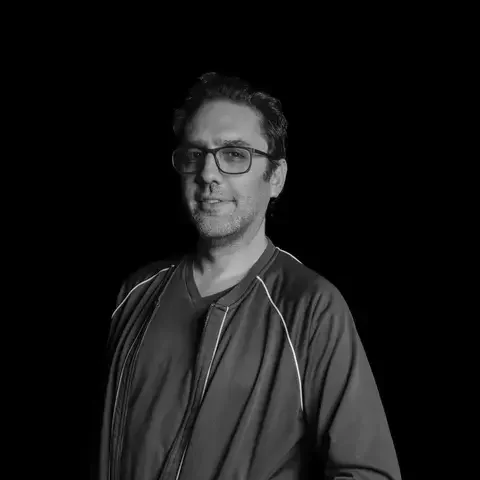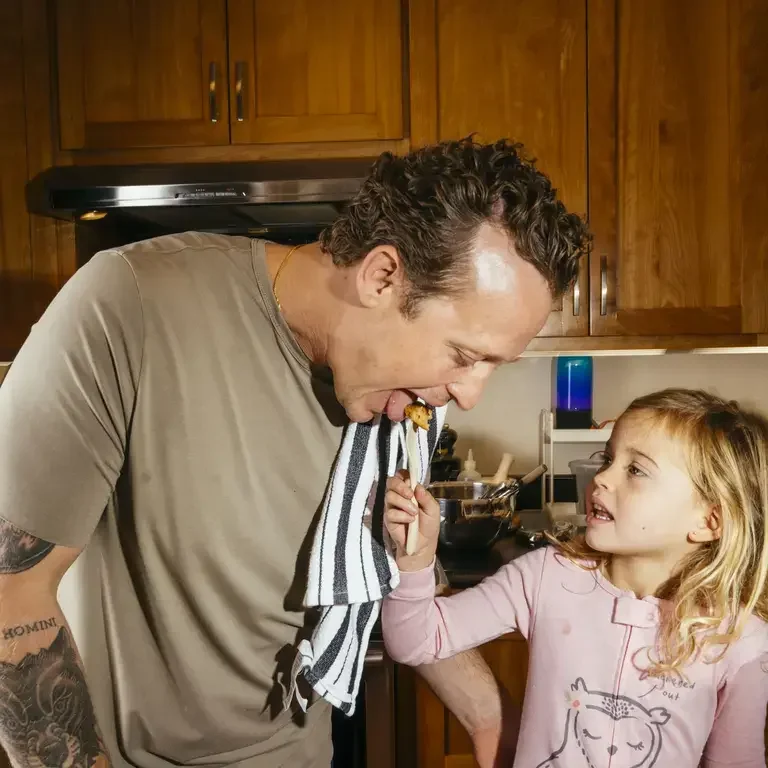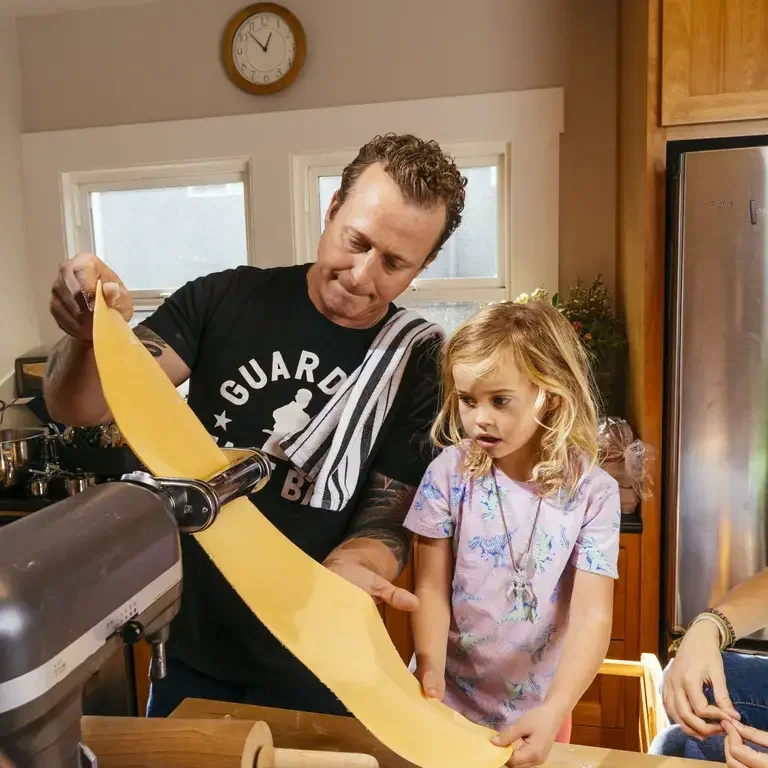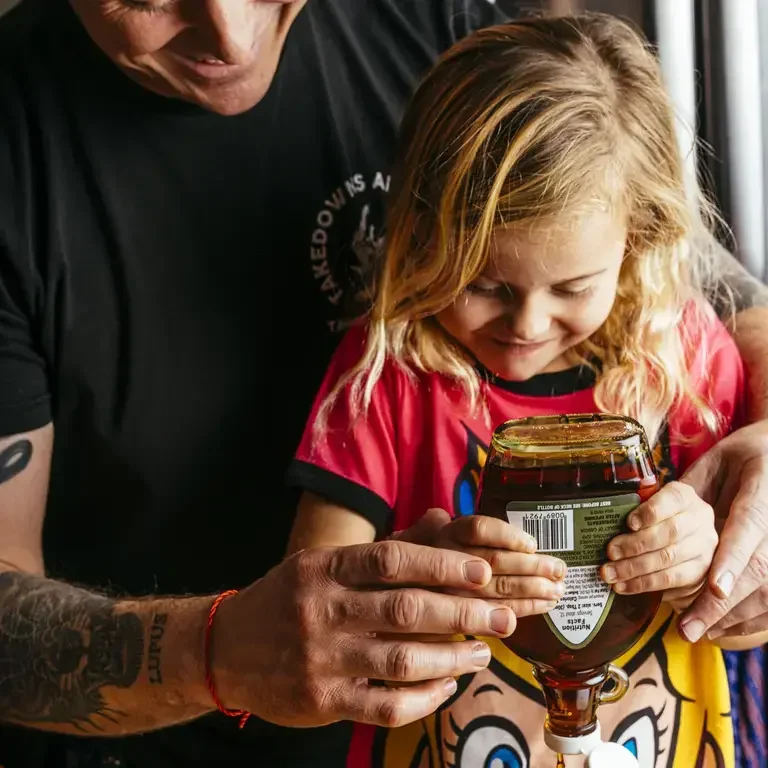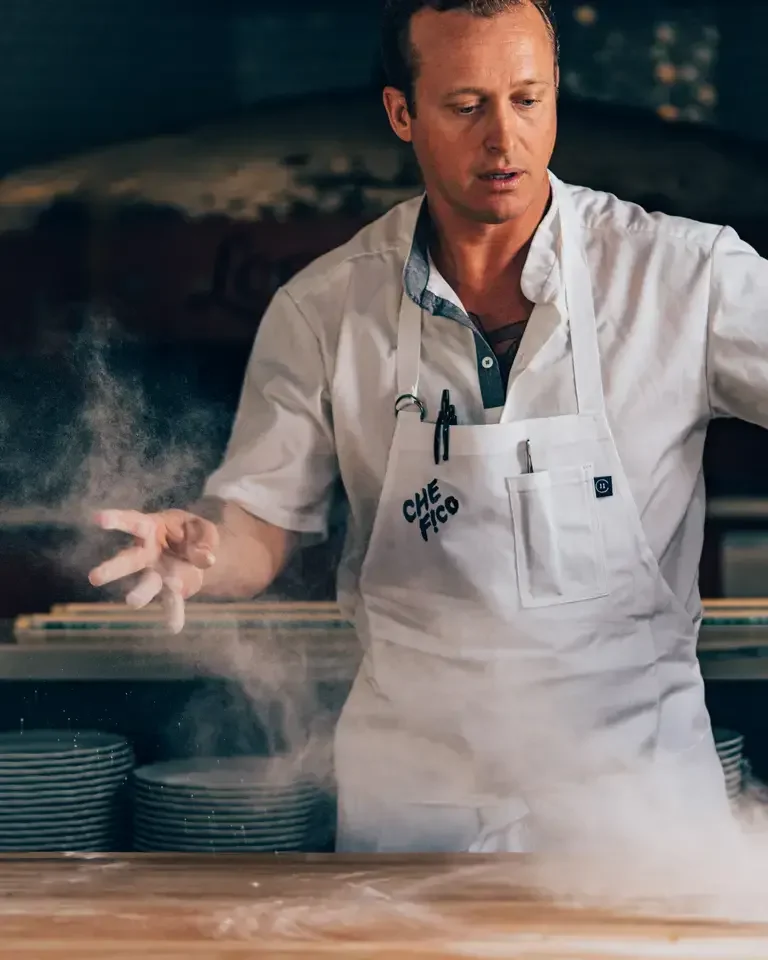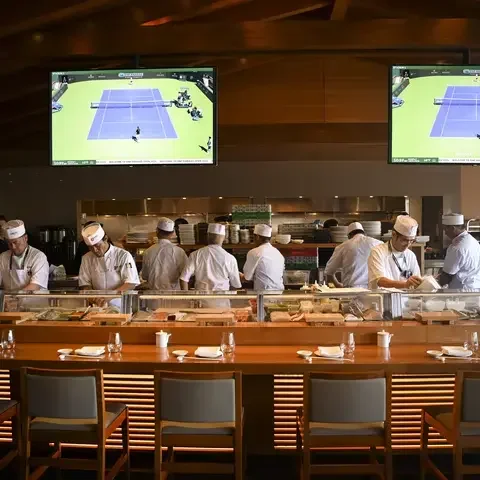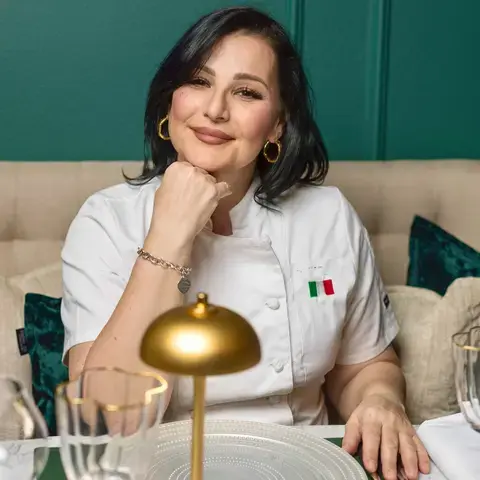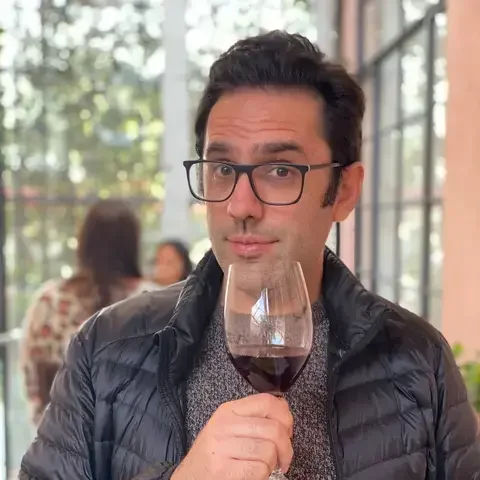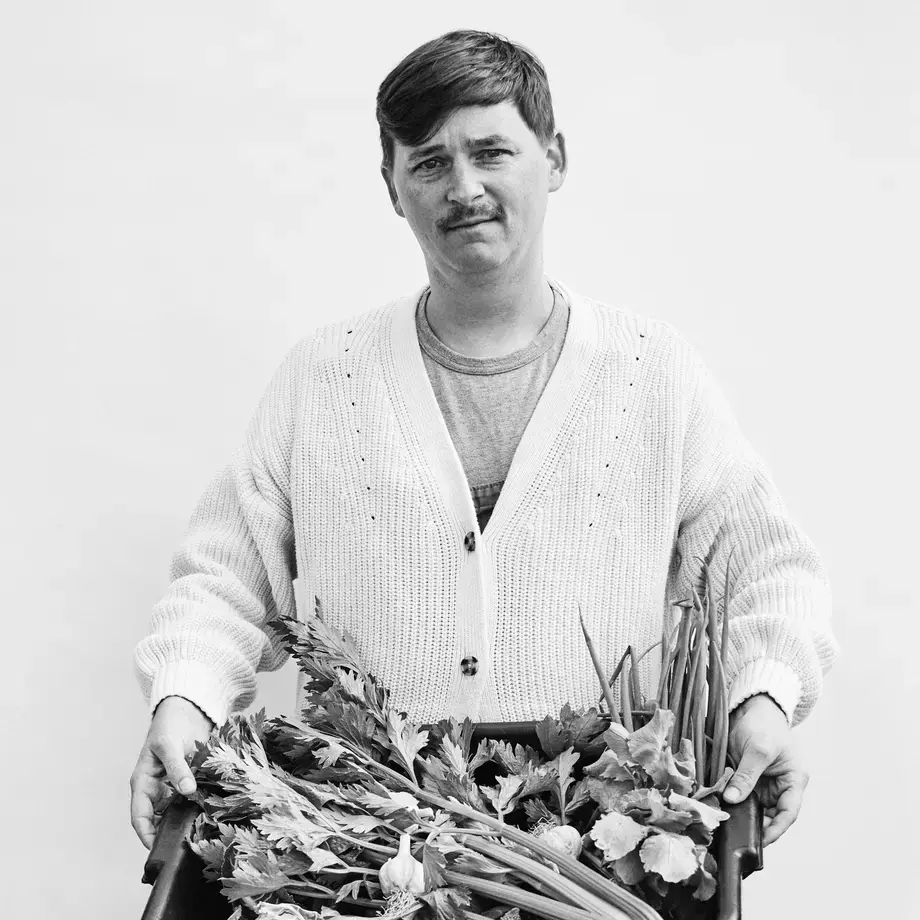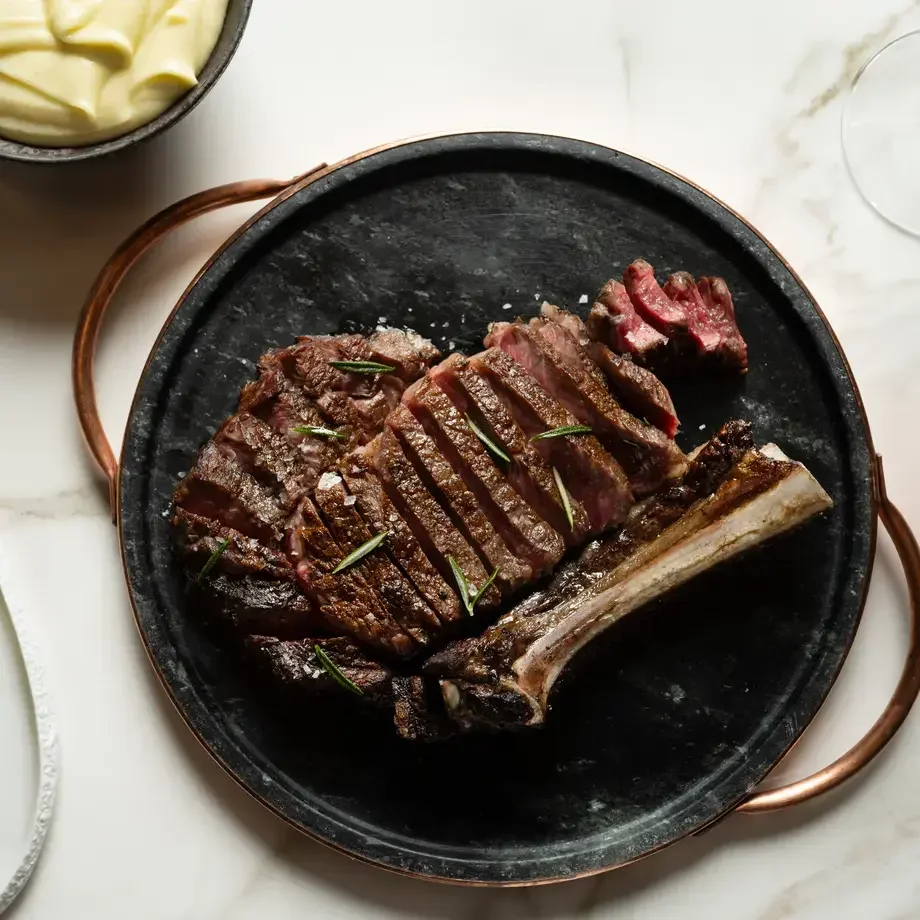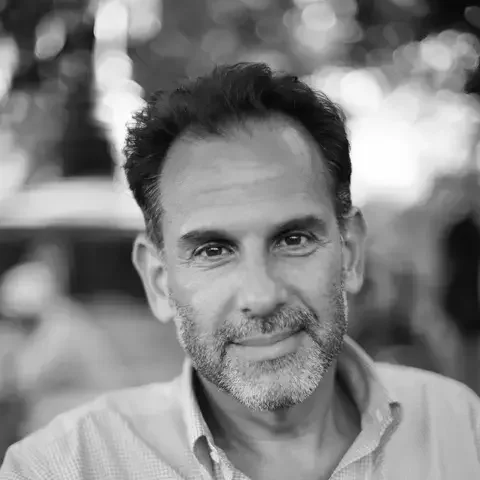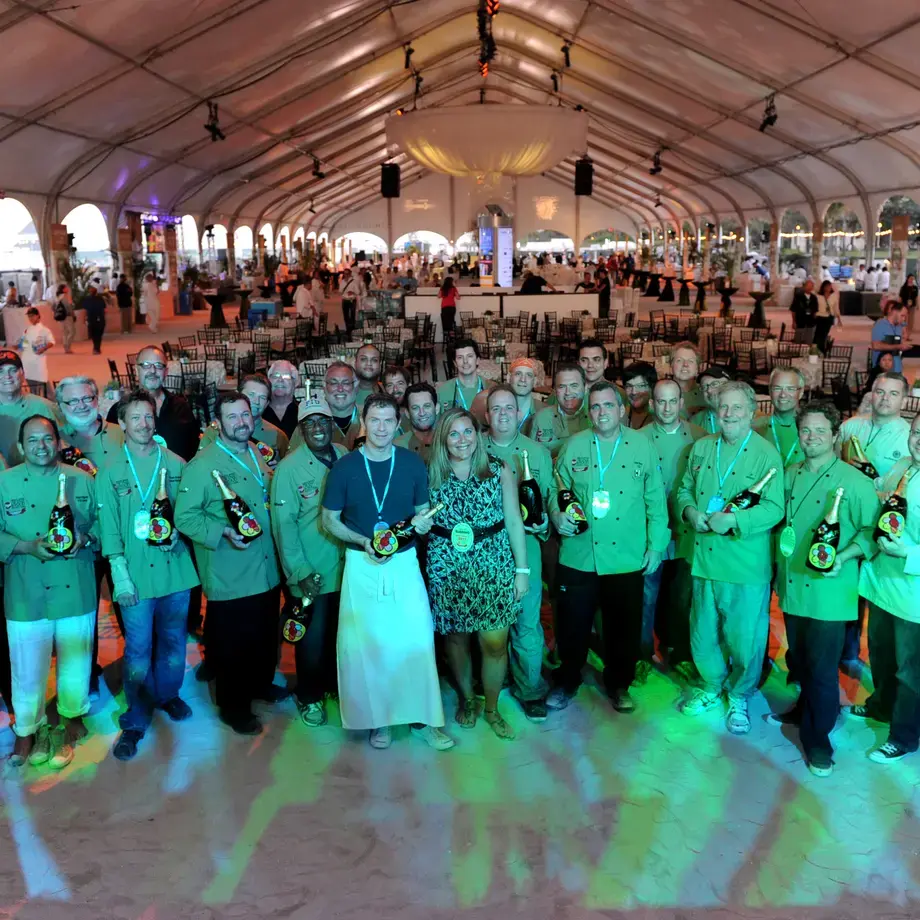David Nayfeld says it plainly: “Nothing means anything if it’s not personal. Nothing will ever become anything of worth or greatness if you can’t become vulnerable.”
The San Francisco–based chef behind Che Fico, Che Fico Parco Menlo, Che Fico Pizzeria, Bubbelah, and the soon to open Via Aurelia (his new concept opening this Fall), Nayfeld is known for his ingredient-driven cooking, straight-talking personality, and deep roots in both Italian and Jewish food traditions. His first cookbook, Dad, What’s for Dinner, began with a simple idea: sharing a few systems and strategies for streamlining family meals during the early pandemic, when so many parents were suddenly overwhelmed. But as life unraveled—his relationship ended, custody battles began, and time with his daughter became something he had to fight for—the project evolved. The result is a book that’s as emotional as it is practical, a guide that speaks not just to dads, but to anyone trying to feed someone they love while holding their own life together.
Dad, What’s for Dinner is a practical cookbook with a pulse. It’s filled with family-style recipes that favor repetition over reinvention—meatballs, spaghetti, turkey chili, cutlets, and soups that are meant to be cooked often, not just admired. Nayfeld, along with co-writer Joshua David Stein, writes with clarity and just enough edge, peppering his headnotes with wry commentary and no-nonsense advice. The tone is equal parts home-cook and chef-dad, grounded in real life and geared toward anyone trying to get food on the table without losing their mind.
The book didn’t begin as a memoir. As Nayfeld explained in an interview, “All my friends were complaining about cooking nonstop... and I felt like I could probably share a few tips to make the whole thing easier.” That idea—born in the early days of the pandemic, while his restaurants were shuttered and he was caring full-time for his daughter—was the seed. But after separating from her mother and entering what became a drawn-out custody process, the book shifted. “A few months into the process, the dynamic of the book started to change for me,” he said. “I didn’t have all my daughter’s time... I was responsible for feeding her dinner and then dropping her off. And I was also going to court, often, to talk about all of this in front of a room full of strangers. It was humbling and sometimes humiliating.”

